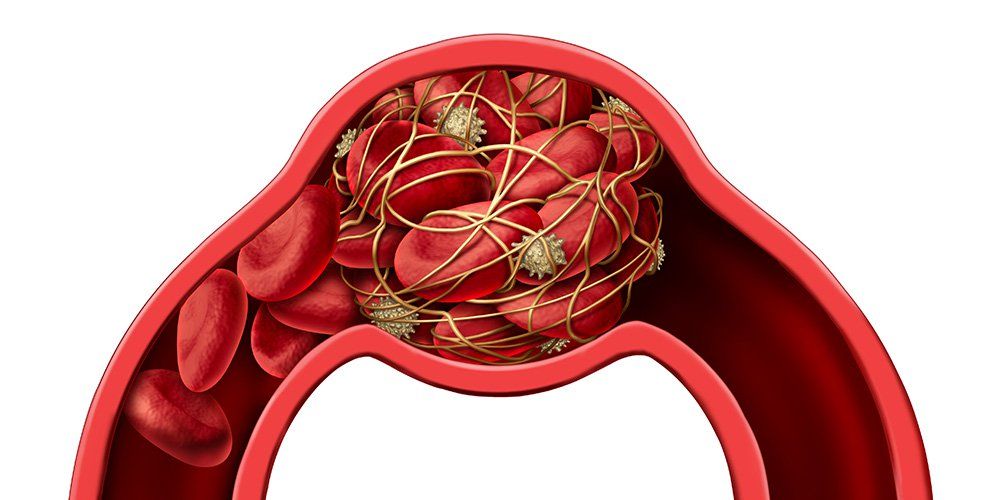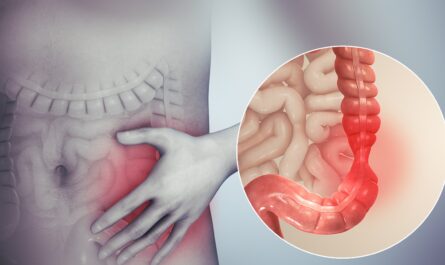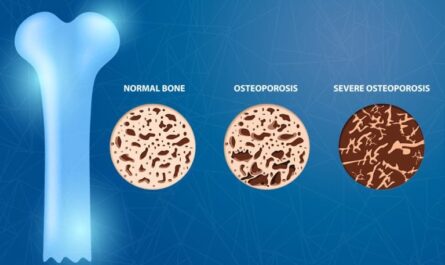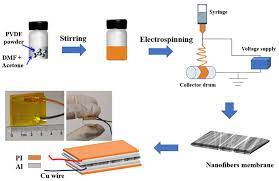A recent study published in the journal Cell Metabolism on February 23 sheds light on the potential role of gut microbes in increasing the risk of blood clot formation in some patients with COVID-19. The study identified a gut microbial metabolite known as 2-methylbutyrylcarnitine (2MBC) as a key factor exacerbating thrombosis, which is the formation of blood clots.
Co-senior study author, Sifan Chen of Sun Yat-Sen University, stated that the accumulation of 2MBC in individuals with COVID-19 may explain why these patients are at a higher risk of thrombosis. Thrombosis is a major cause of death and disability in relation to cardiovascular events like heart attacks and strokes. While various conditions including COVID-19 and metabolic disorders can lead to an increased risk of thrombosis, the underlying mechanisms are not fully understood.
Research has indicated a connection between gut microbiota imbalance and an elevated potential for thrombosis. Previous studies have highlighted that metabolites derived from gut microbiota can enhance platelet activity, a key component in blood clot formation, and increase the risk of cardiovascular diseases.
The study involved multi-metabolomic analyses to identify 2MBC as a significant host and gut microbial metabolite linked to an elevated risk of thrombosis. Furthermore, the research found that 2MBC belongs to a group of compounds called short branched-chain acylcarnitines, which have been associated with various metabolic disorders.
In experiments involving individuals with COVID-19, healthy individuals, and those hospitalized without COVID-19, it was observed that 2MBC levels were higher in COVID-19 patients and those with major adverse cardiovascular events. The elevated levels of 2MBC persisted even after the clearance of the virus in COVID-19 patients.
In mouse models, 2MBC was found to promote platelet hyperreactivity and blood clot formation. Treatment with an antibiotic cocktail to eliminate gut microbiota significantly reduced plasma 2MBC levels and suppressed the increased tendency for blood clotting during SARS-CoV-2 infection.
The study also revealed that 2MBC binds to a receptor called integrin α2β1 in platelets, leading to increased platelet responsiveness. Inhibition of this receptor was effective in reducing the heightened risk of blood clotting induced by 2MBC.
The researchers suggest that these findings could provide new insights into the mechanisms underlying elevated thrombotic risk in metabolic disorders and COVID-19. While integrin α2β1 was identified as a target for 2MBC, further research is needed to explore other potential targets in cells.
*Note:
1. Source: Coherent Market Insights, Public sources, Desk research
2. We have leveraged AI tools to mine information and compile it




